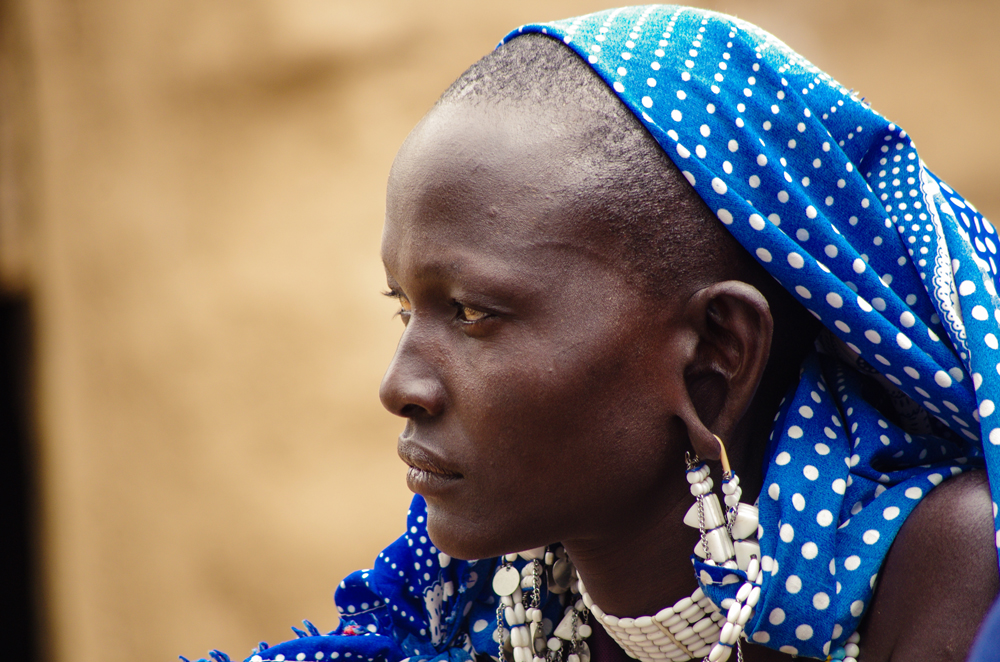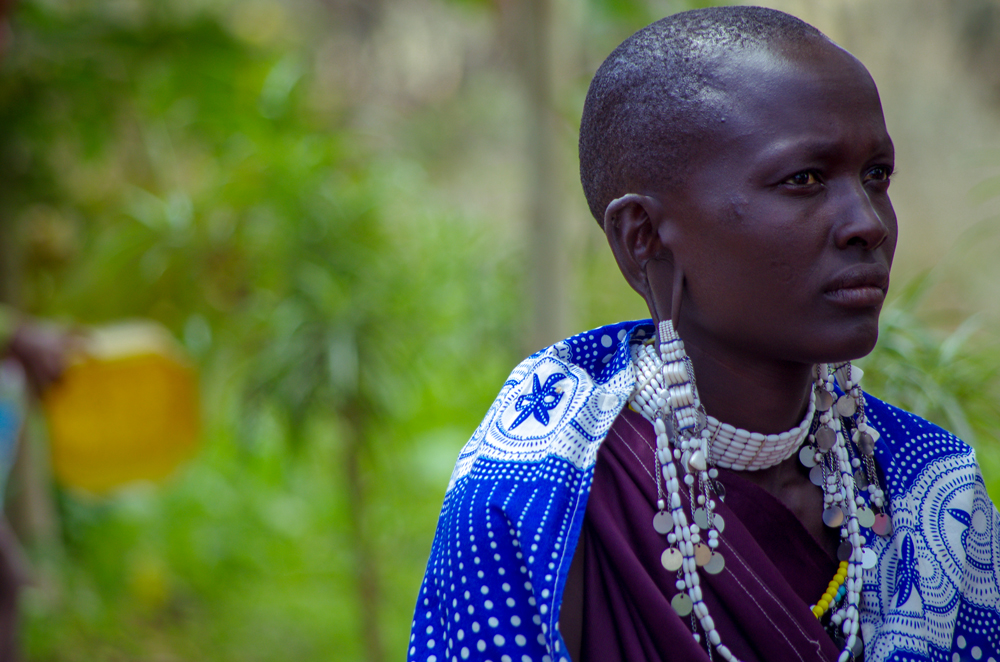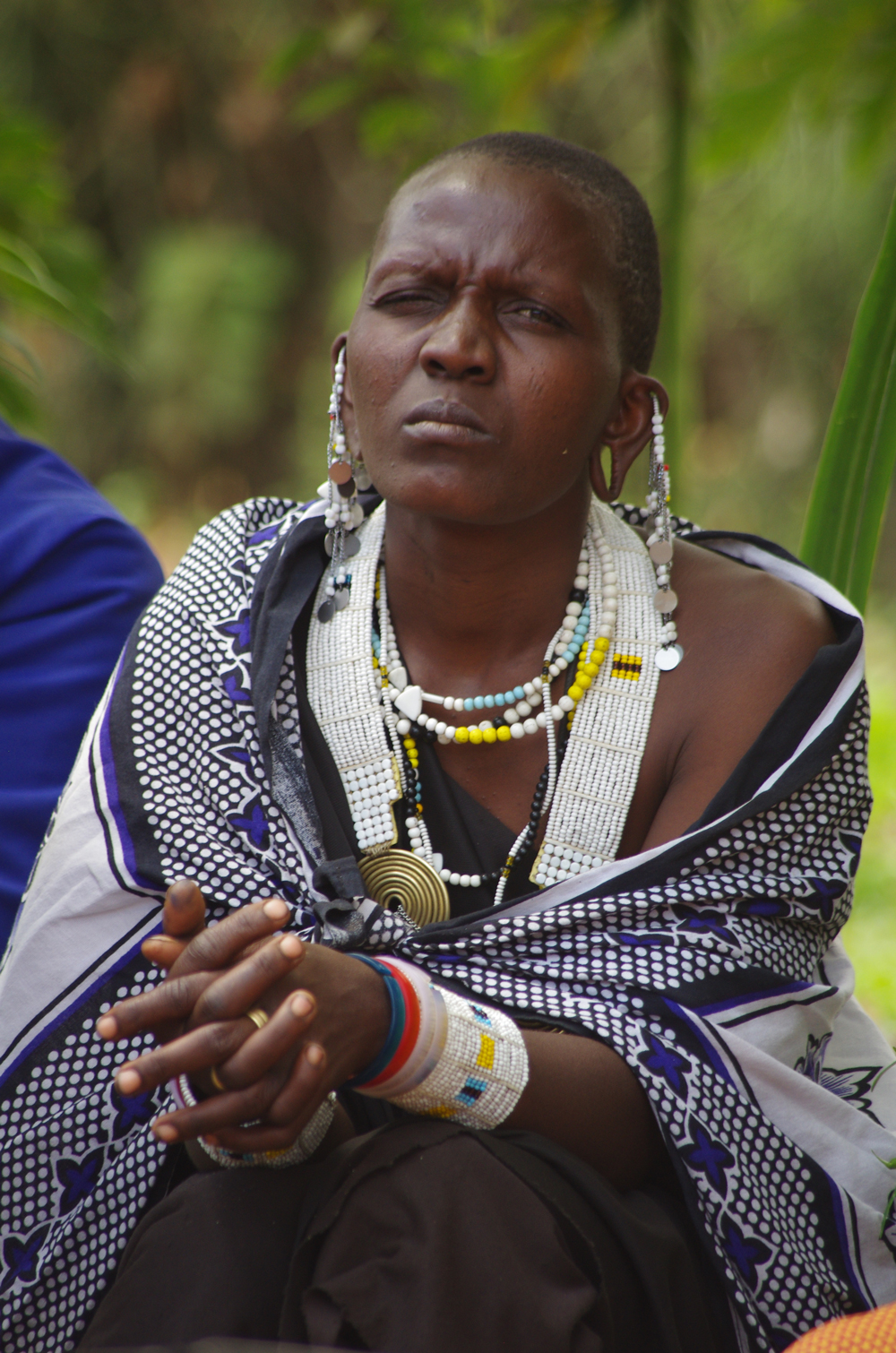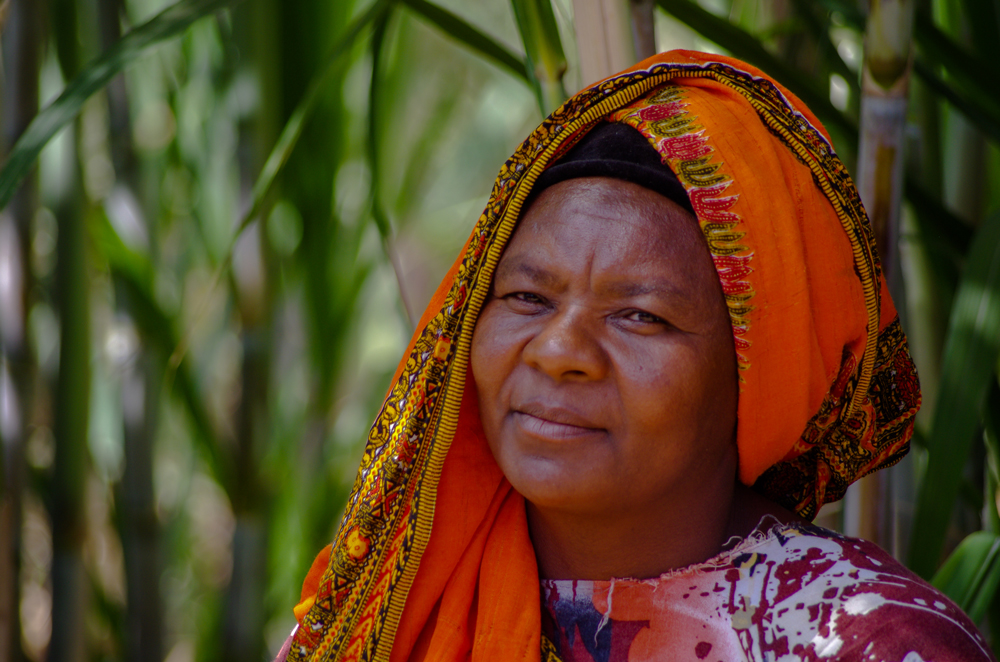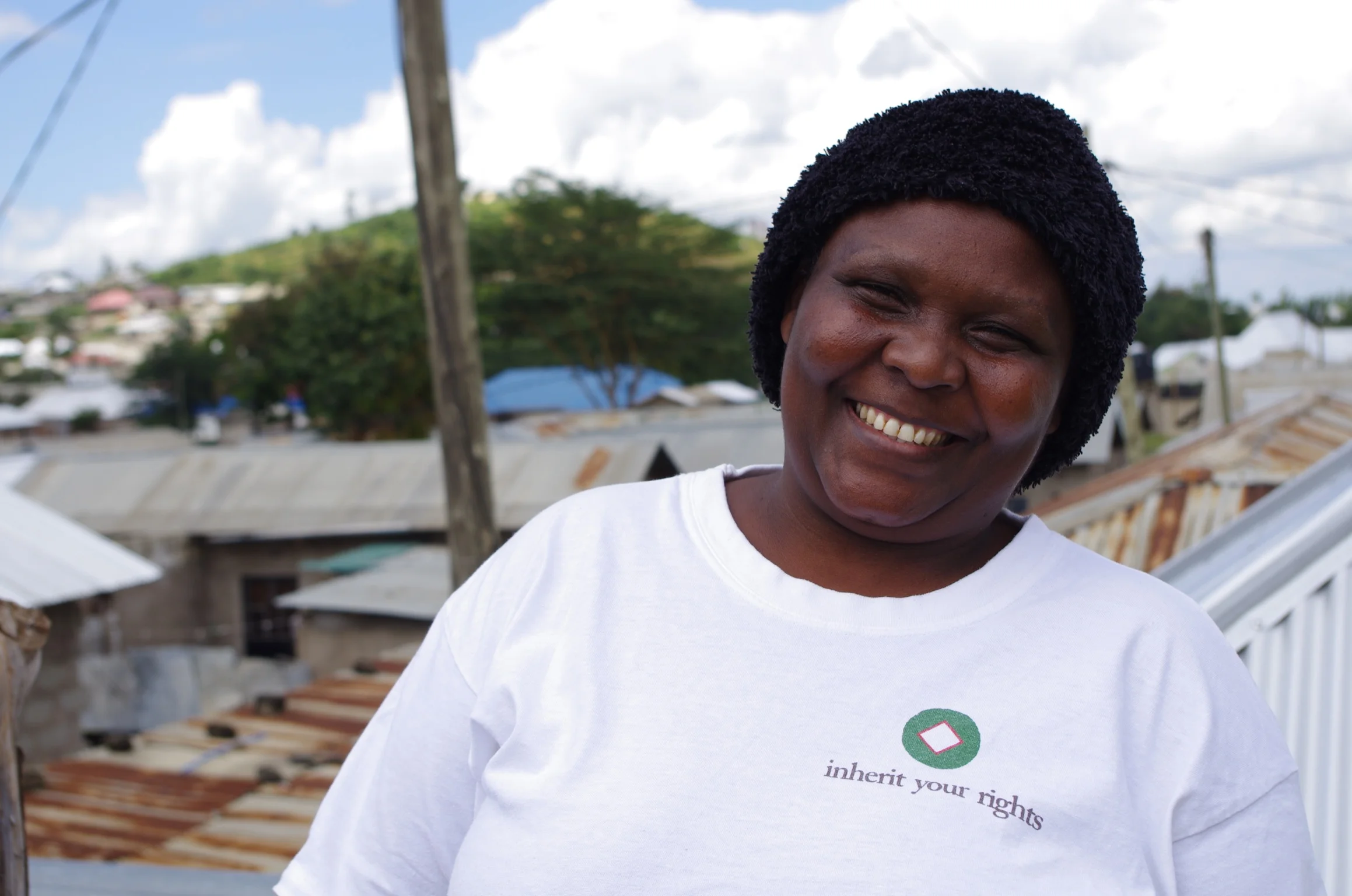Women are the future

Drive to the outskirts of Arusha. Then keep driving. Then keep driving more. You'll hit the dirt roads. Plumes of dust will kick up behind the car which is a shame, as you'll have to shut the windows. The dust will obscure a lot of the surrounds but the impressive facade of the hills that surround Engaruka will stand tall. Eventually the dust passes and you'll be able to see Maasai bomas dotted along the plains and the hints of a green swampy expanse beneath the hills. The fertile swamp is why the Maasai community have made their homes here, and why many other tribes have also come to farm.
Although some of these communities peppered along the seemingly never ending dirt road are more built up than others as a result of farming and industry, they are deep in the interior. It is most often in these interior, remote communities where Inherit Your Rights' training program are most needed. Bound by customary law, traditional Maasai society distinguishes strictly between male and female social roles. Women are seen as strictly home makers and subordinate to their male counterparts who are farmers and warriors.
As a result of this position and role in society, child marriage, lack of education and domestic violence are sadly commonplace for Maasai women and girls. In addition, being so remote and without knowledge of their rights means these practices are generally accepted as a way of life.
In Selela we spent the day with 20 women and spoke about a range of topics including general women's rights, inheritance, wills and domestic violence. It was inspiring to see so many women eager to learn about their rights and the channels they can use to exercise them.
It was also inspiring to see a few men in attendance who also voiced their support behind the women and the need to respect and raise awareness of their rights.
One man in attendance, a respected community member who loaned us his compound for the day to train the women, was particularly eager to do more about women's rights in his community.
Sadly in many communities which practice customary law, change, particularly when it comes the rights and roles of women, can be met with resistance. To see a respected male community member voice his support in this area is a truly positive and promising sign. Women's rights are human rights, and when men and women unite together to advocate for this cause, significant change is possible - even in the most traditional communities. It just takes a few change makers or advocates in a community to initiate and take a stand. This change is largely behavioural, meaning it can be generational. But small wins now can mean big ones for the future. So let's watch this space... In the meantime, here are some of the women who want to make a difference in their community.

